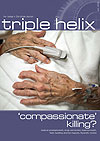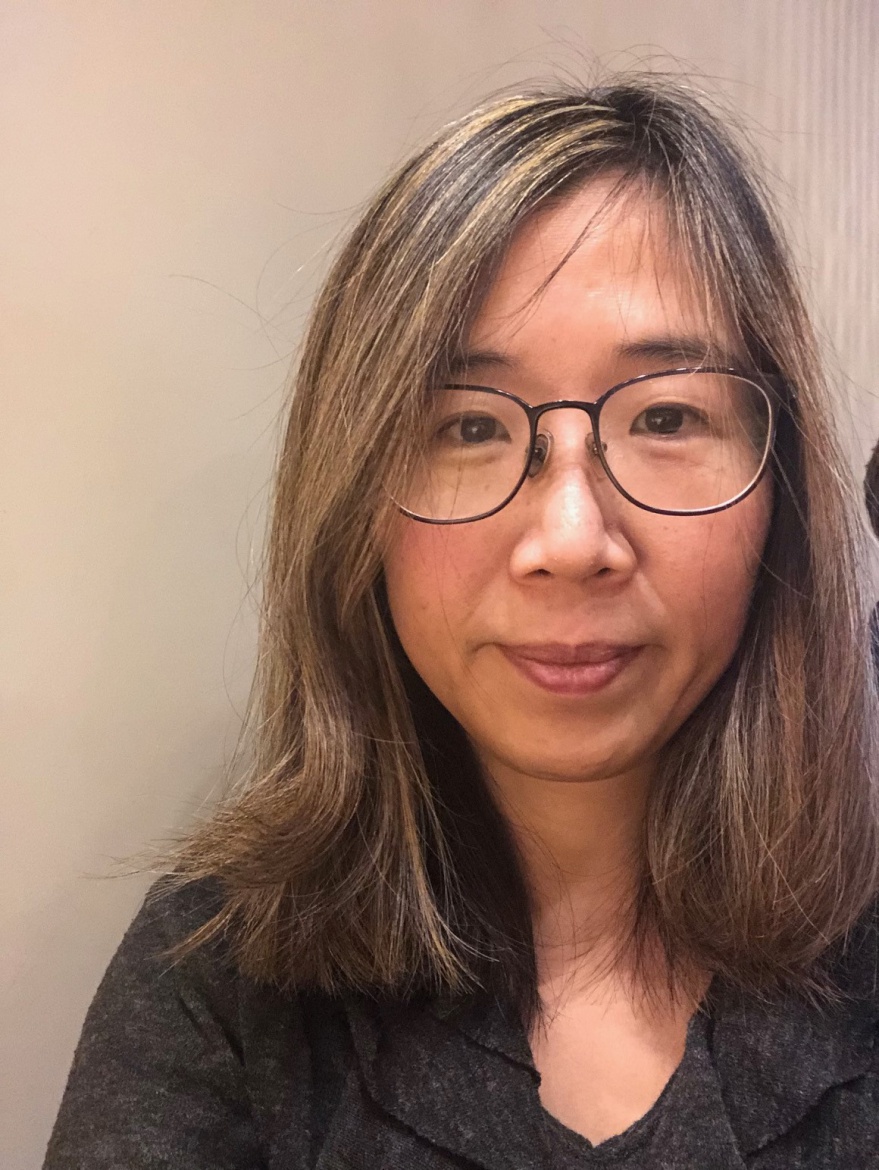Should I stay or should I go? A question that may sound familiar to many junior doctors, and one that may be lurking at the back of your mind. No, I'm not referring to the song by The Clash; I mean that big question you ask yourself about practising medicine overseas…I know I've asked it. I know I still do.
Many different reasons stop us from going, but rather than addressing these individually, I'm going to look at the reasons to go.
Why go?
The short answer is simple: God loves the poor and the oppressed. (1) His concern for them is evident throughout the Bible. There are many references regarding the poor, both to people crying out to God to defend their cause, (2) and what our actions should be in response to need. (3) (4) (5) (6) (7) The Bible is clear there are blessings and treasures in heaven for those who do respond (8) (9) (10) for 'he who is kind to the poor lends to the Lord, and he will reward him for what he has done', (11) but there will be consequences for those who do not. (12) God's heart is for the poor, for the orphans, for the widows – ours should be too.
What I don't want to do, however, is discourage people from getting involved with work in our country; there are needy people here and there is some great work already being done.
But with respect to the question 'why go?', take a fresh look at our world and visit worldmapper. (13) The maps change the dimensions of the continents to represent the global distribution of a topic. Although Africa and India swell to immense proportions with regard to burden of disease, Africa becomes threadlike with the distribution of doctors while the UK enlarges to obese proportions.
The poorest in the world have the greatest health needs, but the fewest doctors. So instead of 'why go?', ask yourself 'why stay?' And remember '...whatever you did for one of the least of these brothers of mine, you did for me'. (14)
Be inspired!
Medical mission comes in all different shapes and sizes, for varying time periods. We can take ideas from what others have done.
Genie Lee shares her experiences:
Since I've graduated I have been hugely blessed being able to go on short-term medical mission trips. This is despite many trainers, mostly from secular organisations, expressing disbelief at the possibility of such trips, and questioning how useful a junior can be in the mission field. The trips have ranged from three days to two weeks, mostly as study leave, occasionally as annual leave, but more often as 'professional leave'. My consultants were so proud of what their juniors were doing they contributed 'for humanity' by facilitating my going. So far the Lord has led me to Nepal and Sri Lanka on my elective with Leprosy, Tibet and Uganda with Care and Share Foundation, India with SIM, and to the Czech Republic and Armenia with PRIME. The work has ranged from obstetrics in a busy rural Indian hospital to health needs assessment in Tibet. I have enjoyed working with different organisations and seeing how things can be done. I have discovered my niche is in medical education, which I have done in my last four trips.
There have been many memorable experiences for me both as a Christian and as a medic. These are often times when I draw closer to God, away from my iPod, emails and various commitments back home. I have witnessed how you can sing 'Blessed be your name' in the midst of an African famine when many of the congregation do not know where the next meal will come from, yet are still able to glorify his name, and clutched a child with polio in Tibet. These are experiences I will always cherish.
I would highly recommend all juniors to undertake some form of short-term trip. Not only do you witness what God is doing in his kingdom, keeping a perspective on medicine in the world outside the manic NHS, but you gain valuable clinical and teaching experience you would not otherwise receive in the comfort of UK practice. It has also facilitated leadership training and healthcare management as I experienced alternative healthcare management in other countries first hand. The UK training programme actively encourages such experiences and, overall, my supervisors have been wholeheartedly supportive. So, what are you waiting for?
The end of Foundation Training marks what I am waiting for. At the end of FY2 I'm taking a year out to practise medicine in the developing world. What are you waiting for? Get reading, get praying, get talking: be inspired!
(I am grateful to Genie Lee and to Vicky Lavy for inspiring and challenging talks about medical mission overseas at the CMF roadshow. A useful resource is I Could Do That! reviewed on page 21)
Katy Barker is an FY2 in Leeds and Series Editor of Juniors' Forum. Eugenia Lee is a GP with special interest in public health in SE London.
































